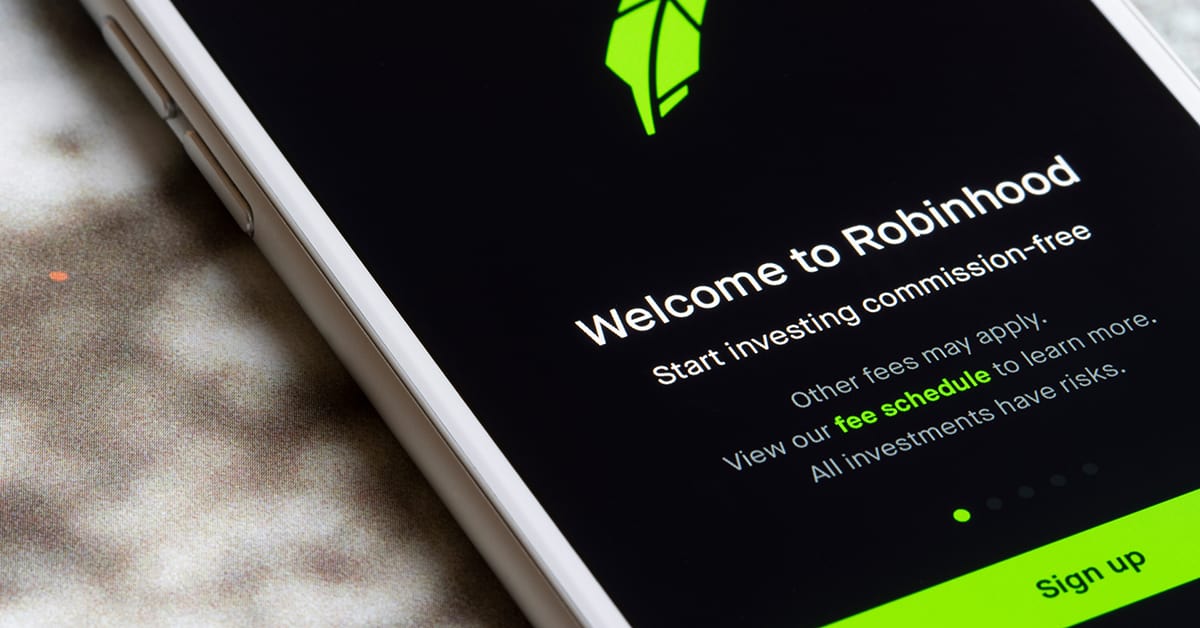Robinhood’s upcoming IPO is unlikely to be derailed by FINRA fines.

Robin Hood stole from the rich to give to the poor, but that’s not how the Financial Industry Regulatory Authority (FINRA) saw it when it ordered Robinhood Financial to cough up a record $70 million in penalties recently. That included $12.6 million in restitution for “widespread and significant harm” the online brokerage firm inflicted on millions of its retail customers—including shutting down its order-entry system at critical periods.
Still, FINRA’s June 30 action was not expected to derail Robinhood’s upcoming IPO, which could value the company well in excess of $40 billion when “HOOD” debuts on Nasdaq later this year. Young retail investors in particular are drawn to its free, easy-to-use mobile app, though critics charge that Robinhood has not only democratized investing, but also “gamified” it.
Meanwhile, in an S-1 registration statement filed with the US Securities and Exchange Commission (SEC) the day after the FINRA fines were announced, Robinhood reported Q1 2021 revenues of $522 million—up fourfold from the same period in 2020—and 17.7 million monthly active accounts, a dramatic gain from 4.3 million at year-end 2019.
The company’s short history has been fraught with controversy, though. In January, for instance, a rush in GameStop (GME) orders forced Robinhood to halt trading, inflaming retail investors who accused the exchange of favoring institutional investors shorting GME shares. In fact, the exchange was short of money meet its clearing requirements and had to quickly raise $3.5 billion in convertible debt, leading to a first quarter 2021 loss of $1.4 billion.
Because its trading app is commission-free, Robinhood generates most of its revenue directing customer trades to market makers like Citadel Securities, a controversial practice called “payment for order flow.” Some believe it disadvantages investors, and it is already banned in Canada and the UK. The SEC is said to be evaluating the practice.
In other words, the process—along with transaction rebates—account for 81% of the firm’s revenue. The SEC might also might ban, regulate more tightly, cryptocurrency trading, which means all bets are off when it comes to the pending IPO.



